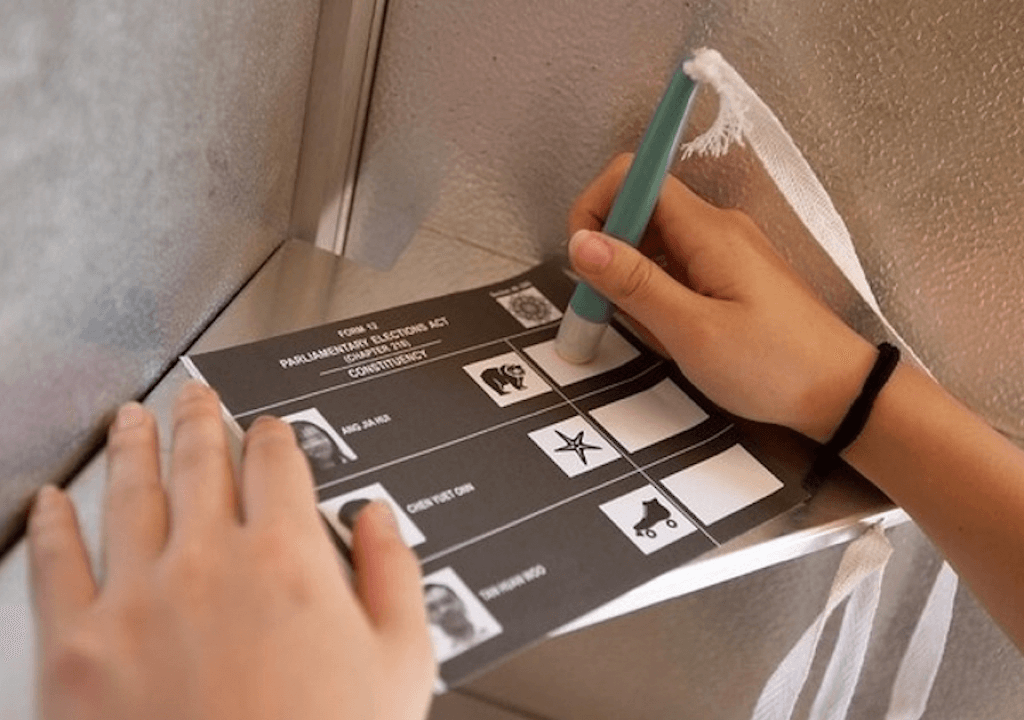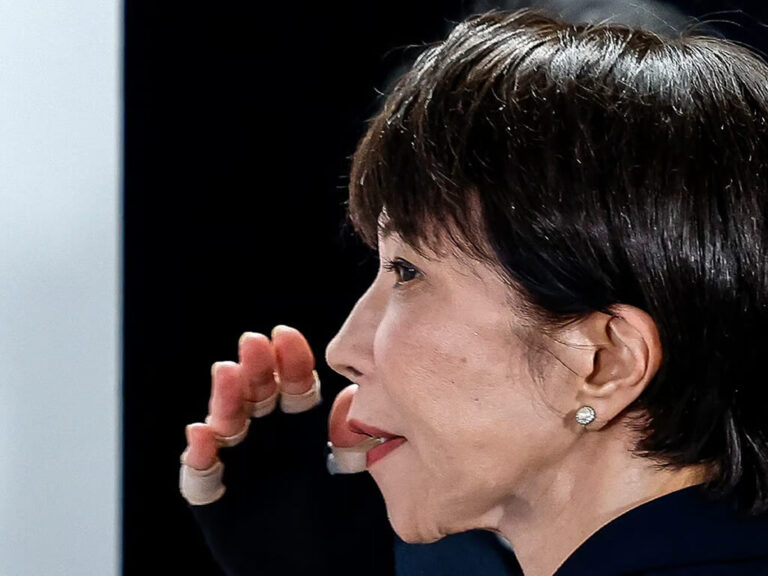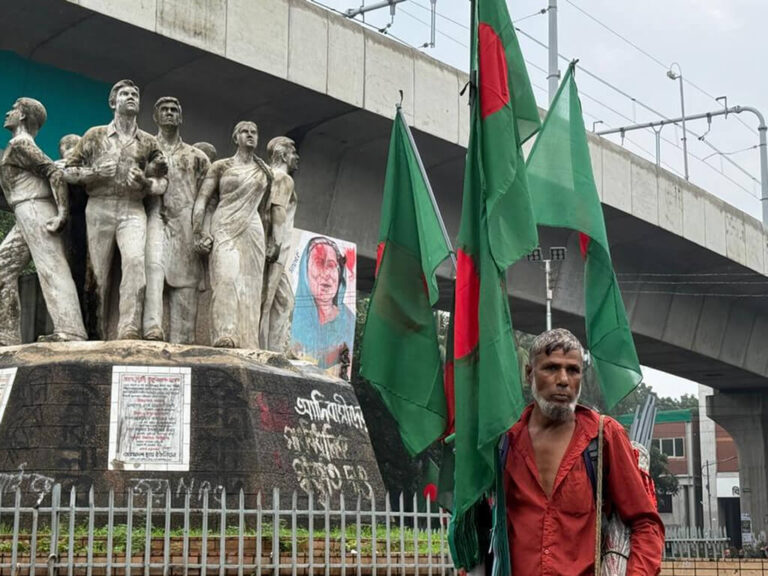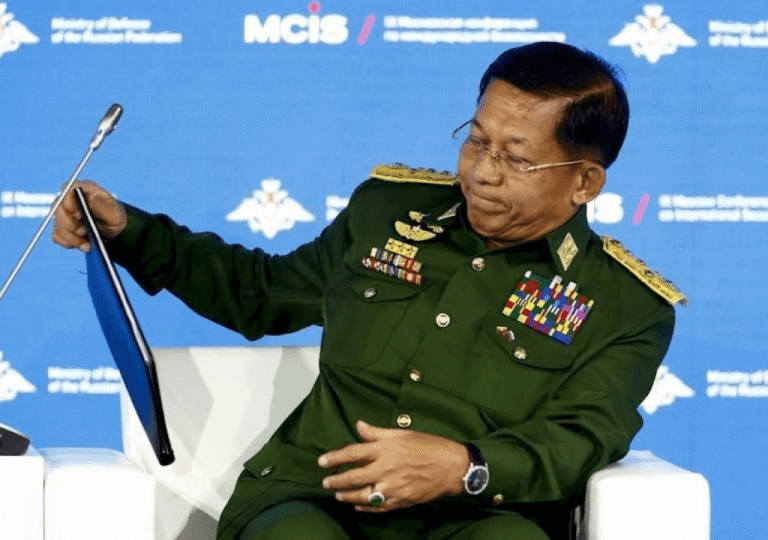Rumors of an early election have swirled for months, but now it is official: Singapore’s General Election will take place six months ahead of schedule. On May 3, Singaporeans will head to the polls, marking a pivotal moment for Prime Minister Lawrence Wong, who will lead his first election as both Prime Minister and secretary-general of the long-ruling People’s Action Party (PAP).
The announcement came on April 15, shortly after President Tharman Shanmugaratnam, acting on the Prime Minister’s counsel, dissolved Singapore’s 14th Parliament and issued the Writ of Election, setting the stage for a swift political season.
Nomination Day will be April 23, giving candidates just nine days of campaigning before Cooling-off Day on May 2, a brief but intense window for any last-minute maneuvering.
An Unusual Pressure on the PAP?
The outcome of the upcoming election seems all but decided: the People’s Action Party (PAP), the dominant force in Singapore’s political landscape, is widely expected to secure another victory. Even the opposition is not naive enough to entertain any illusions of victory. For decades, Singapore’s elections have faced criticism for their structural favoring of the ruling PAP, which has been in power since the nation’s founding. However, this election feels interesting. Beneath the surface of what might seem like a familiar narrative, several key factors are making it an intriguing contest to watch.
This election marks a pivotal moment for PAP’s new leadership under Prime Minister Lawrence Wong, the first leader outside the Lee family to assume the role. The votes cast will be crucial for Wong’s political future, as any decline in public support could prompt tough questions about his leadership and his reforms. As a result, this election serves as a critical test of Wong’s direction and his vision for Singapore. It’s clear that Wong and his team are working diligently to secure a decisive win.
While the PAP continues to emphasize its central role in the nation’s prosperity, it also underscores the added significance of this election in ensuring Singapore’s long-term stability and success. In a social media post following the writ’s issuance, Prime Minister Wong noted that this election provides Singaporeans with the opportunity to choose leadership capable of guiding the country through an increasingly uncertain global landscape. He also acknowledged that the global conditions that have supported Singapore’s success in recent decades may no longer be reliable. With this in mind, he is sending a clear message to the public: it’s time to choose him and his party to navigate Singapore through these turbulent times.
PAP to contest all the seats, opposition to focus on strongholds.
Singapore’s 14th general election since independence will see the People’s Action Party (PAP) contest all 97 seats across 33 constituencies, including 18 group representation constituencies (GRCs) and 15 single-member constituencies. The ruling party is expected to face a challenge in every seat, fielding over 30 new candidates—the largest slate in recent years. The PAP is confronted by a growing opposition that has gained ground in recent elections, fueled by calls for greater political checks and a wider range of voices in Parliament. In 2020, despite securing 61.23% of the vote, the PAP lost some key seats to the Workers’ Party (WP), which allowed the WP to secure the position of Leader of the Opposition for Pritam Singh.
The WP is targeting at least 30 seats, including Hougang, Aljunied, and Sengkang GRCs, while also contesting five additional constituencies, including the new Punggol GRC. The party’s election slogan, “Working for Singapore,” underscores its commitment to unity and its goal of achieving a “First World Parliament.”
The Progress Singapore Party (PSP) plans to field candidates in at least five constituencies. Following the confirmation of the election timeline, party leader Leong Mun Wai announced that its candidate list will be revealed soon. The PSP’s A-team is expected to contest the newly reconfigured West Coast-Jurong West GRC, where, led by Tan Cheng Bock, the party nearly defeated the PAP in 2020, securing 48.32% of the vote.
Meanwhile, smaller opposition parties have staked claims to contested constituencies, creating the potential for multi-cornered races unless they can reach a consensus soon, making the path smoother for the PAP.
A lot of topics to discuss
In recent years, key issues such as the cost of living, job security, and the affordability of public housing have dominated national conversations, and it will lead to campaigns too. Inflation reached a peak of 6.1 percent in 2022 but eased to 4.8 percent the following year, dropping further to 2.4 percent in 2024. But impacts are still there and concerns remain about whether external factors, like renewed U.S. tariffs, could lead to another round of global price hikes.
Resident employment saw an increase in 2024, reversing the previous year’s decline. Yet, new university graduates faced more challenges in securing full-time employment, and retrenchments rose in the final quarter. In response to these job insecurities, significant investments have been made in the SkillsFuture movement to help workers adapt to evolving industry demands. Additionally, a new initiative has been launched to support individuals who have lost their jobs and are working to re-enter the workforce.
After a pandemic-driven supply crunch, resale Housing Board flat prices soared, with more units crossing the million-dollar mark. However, efforts to increase supply and stabilize the market have led to early signs of moderation in both public and private housing prices in the first quarter of 2025.
Political scandals affecting both major parties are also likely to have an impact on the election. These include two extramarital affairs, the arrest of former Cabinet Minister S. Iswaran following a Corrupt Practices Investigation Bureau probe, and a trial involving Mr. Singh, who was charged with lying to a parliamentary committee. Iswaran pleaded guilty and was sentenced to 12 months in jail. Mr. Singh was found guilty after a 13-day trial and fined, though he is appealing his sentence, which does not affect his eligibility to run for election.
It’s heating up!
The election mood is palpable following the release of the Electoral Boundaries Review Committee’s report. Political parties have begun introducing their potential candidates to the public, and the atmosphere is expected to heat up—alongside the tropical summer—in the days ahead.
The PAP has started rolling out its candidates constituency by constituency and will continue in the coming days. The WP and PSP are expected to follow soon. Still, Nomination Day could bring last-minute surprises as parties finalize their slates.
This year will also mark the return of physical rallies—banned during the 2020 election due to the COVID-19 pandemic—with full-fledged campaigning set to begin after nominations close on April 23.
The arena is ready.








